Fatigue design of mechanical components and structures
• Development of theoretical and experimental methods for the structural integrity assessment of mechanical components in service.
• In-service loads acquisition and fatigue testing on components.
• Advanced methods for fatigue strength assessment based on non-conventional extensions of Fracture Mechanics.
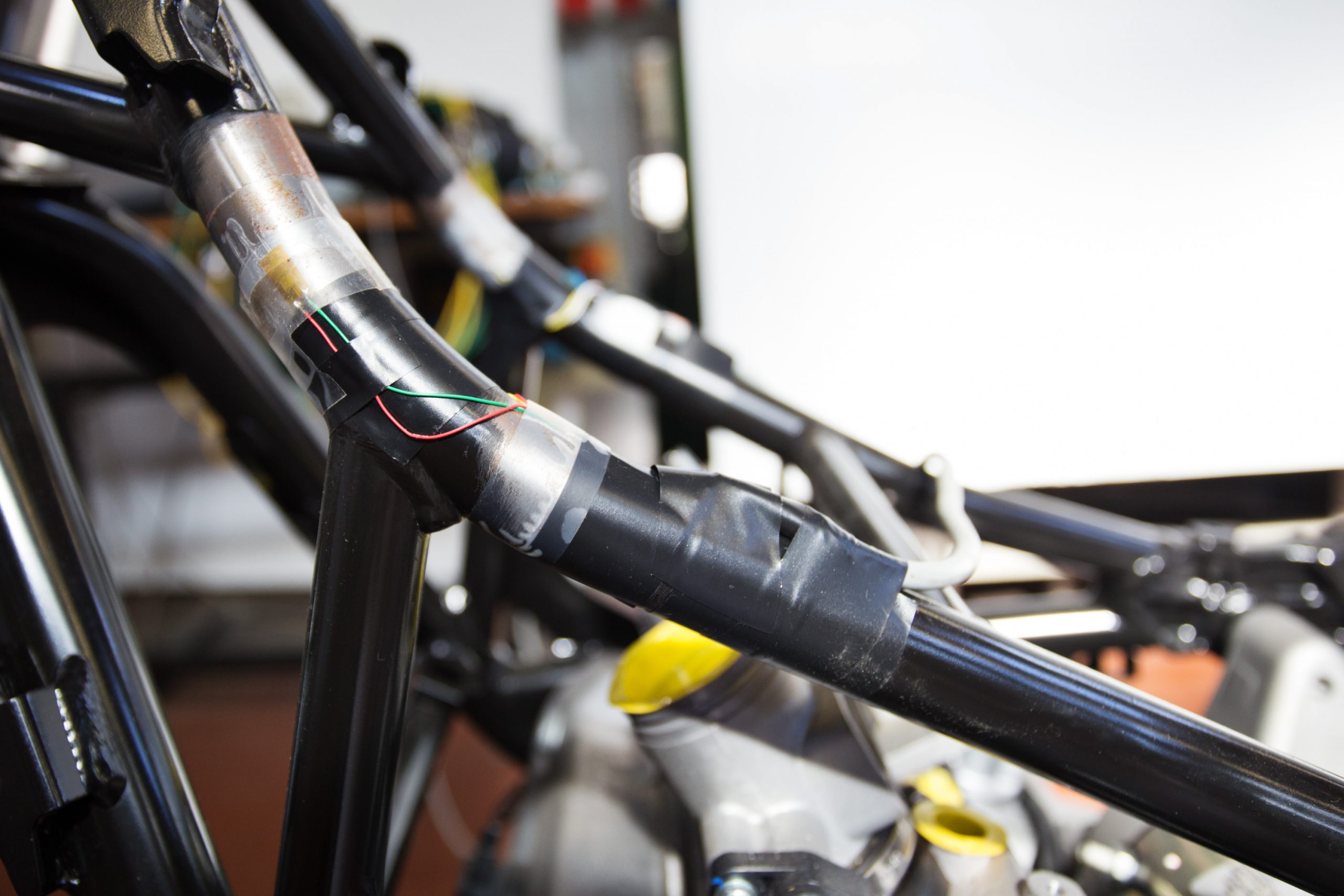
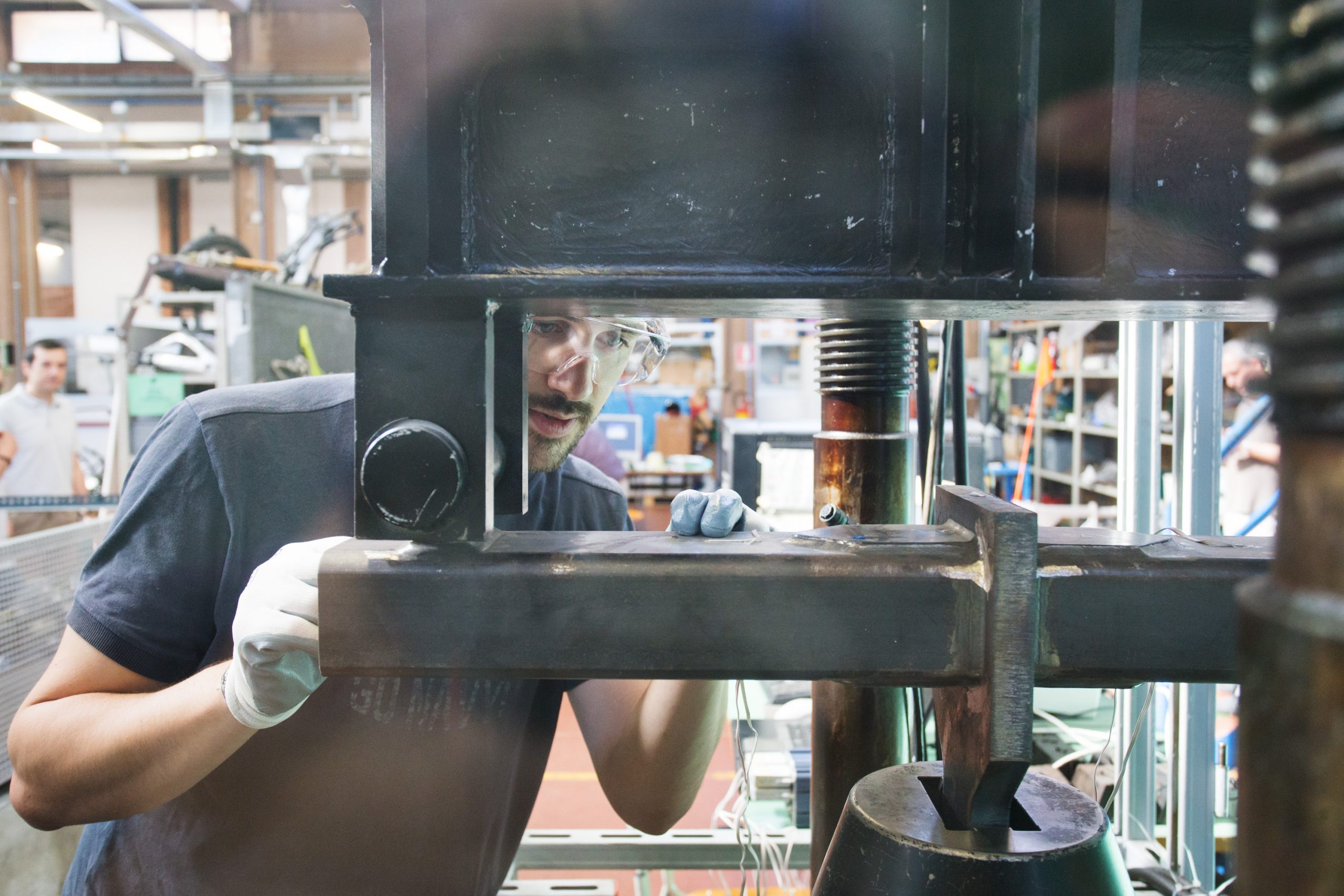
Fatigue design of welded structures
• Development of theoretical and experimental methods for the structural integrity assessment of welded joints in service.
• Static and fatigue testing of welded joints and components.
• Development of dedicated engineering software tools for the structural durability assessment of welded structures.
Materials characterization for structural integrity
• Static and fatigue testing of materials.
• Derivation of strain-life / stress-life curves.
• Plain strain fracture toughness.
• Thermography assessment.
• Crack initiation detection and monitoring of crack propagation.
• Assessment of fatigue thresholds.
• Derivation of Paris curves.
• R-Curve Fracture Mechanics testing.
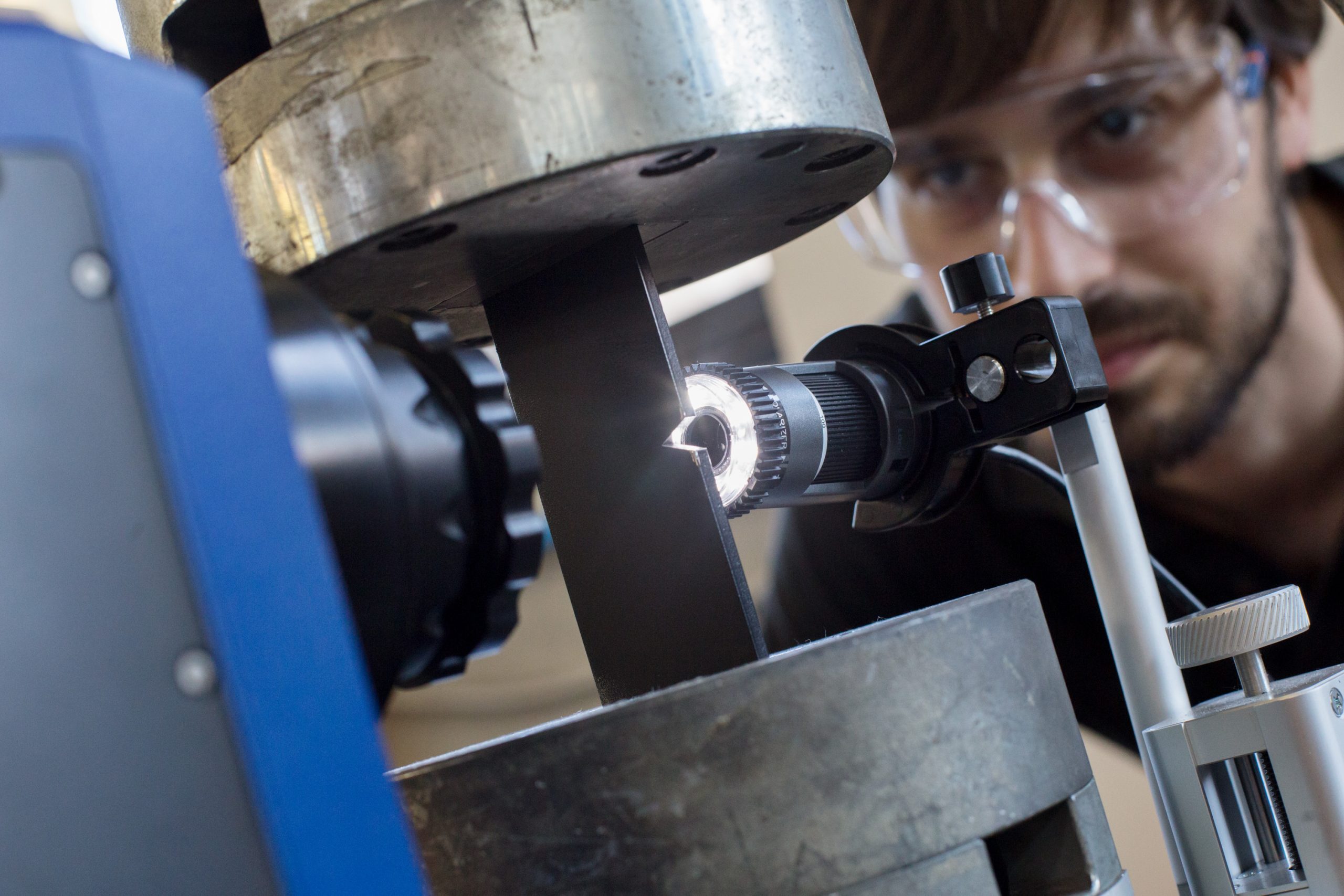
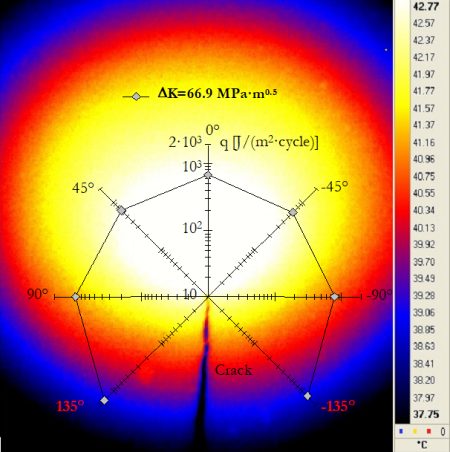
Development of energy-based methods for fatigue lifetime estimation of mechanical components
• Development of theoretical and experimental methods for the evaluation of the heat generated by materials under fatigue loading, in order to assess the structural integrity of components in service.
• Uni-axial as well as multi-axial characterization of materials in terms of heat-dissipated energy density.
On-road loads acquisition and bench testing of vehicles
• On-road acquisition of structural load spectra.
• Development of multi-component dynamometric sensors.
• Development of multi-axial variable amplitude fatigue testing benches.
• Development of standardized fatigue testing methods.
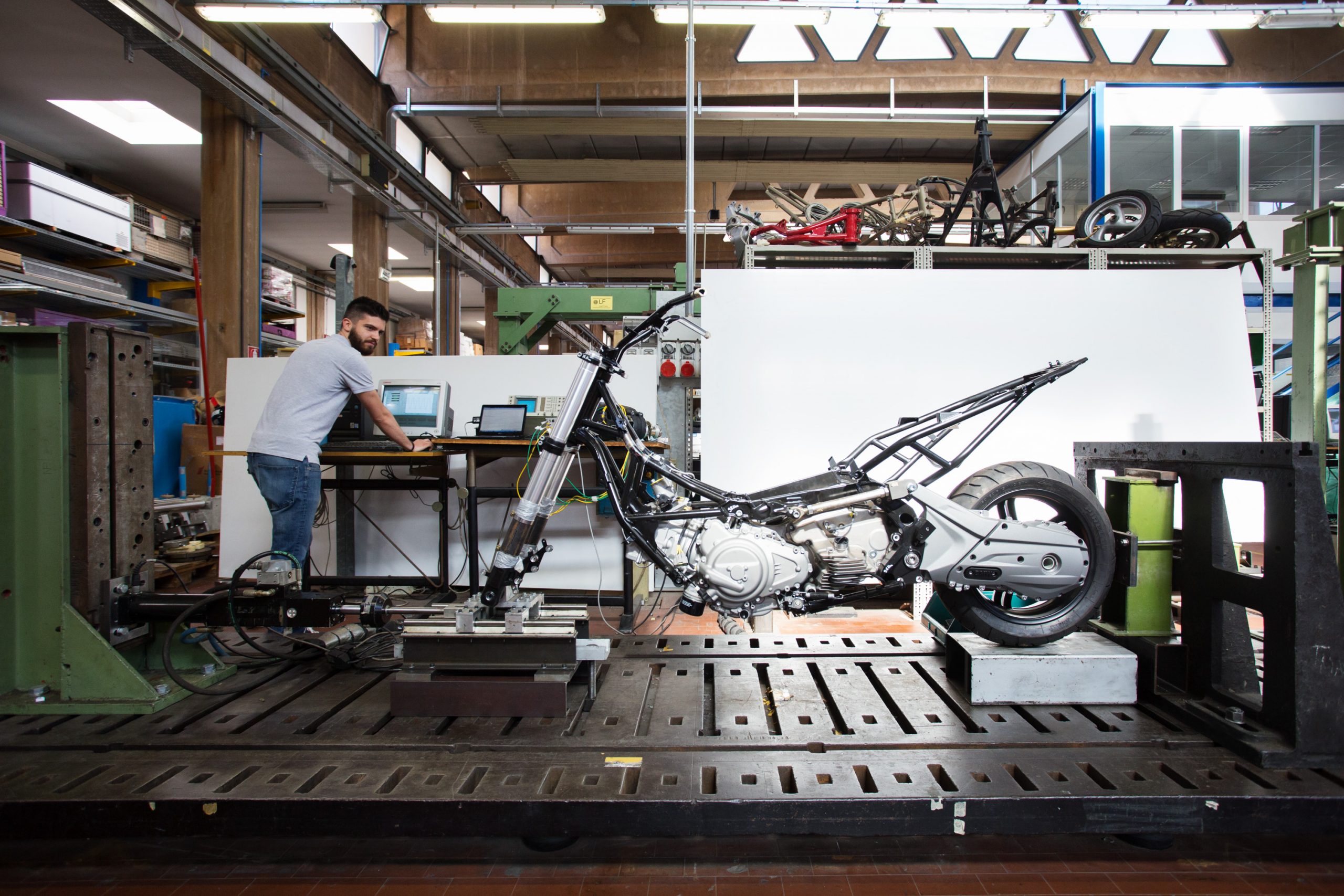
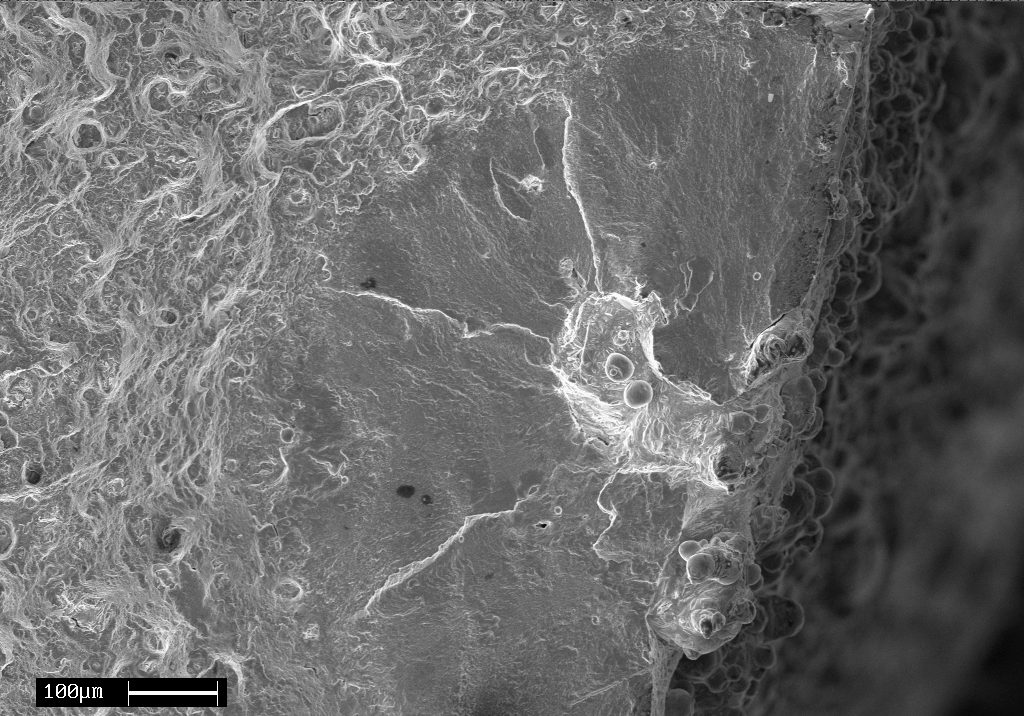
Structural integrity of additively manufactured metals and polymers
• Tensile and fatigue testing on additively manufactured metals and polymers.
• Development of fracture mechanics approaches to deal with the influence of surfaces roughness and defects on the fatigue strength of additively manufactured metals.
• Fatigue-based topology optimisation of components produced by additive manufacturing.
• Characterisation and modelling of lattice structures under static and cyclic loading conditions.
Study and development of
bio-mechanical structures for Sports and Rehabilitation
• Functional and structural evaluation of sports equipment.
• Functional and structural evaluation of safety and protection systems.
• Functionality, integrity and usability characterization of auxiliary equipment for people and athletes with disabilities.
• Development of detection methods using wearable sensors.
• Development of sensored components for the dynamic characterization of wearable protection equipment.
• Development of active hand and foot prostheses. Study of exoskeletons for rehabilitation and deambulation.
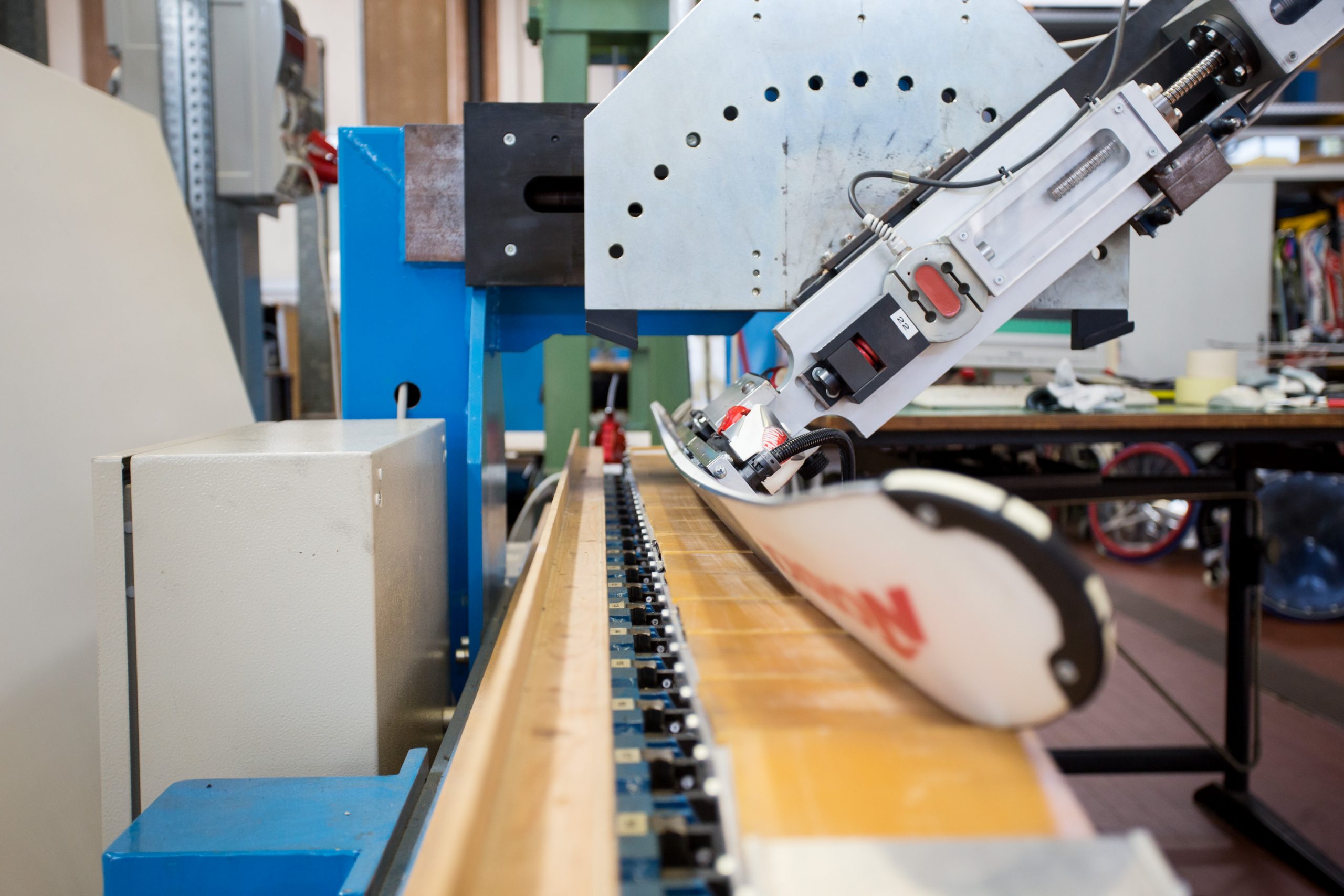
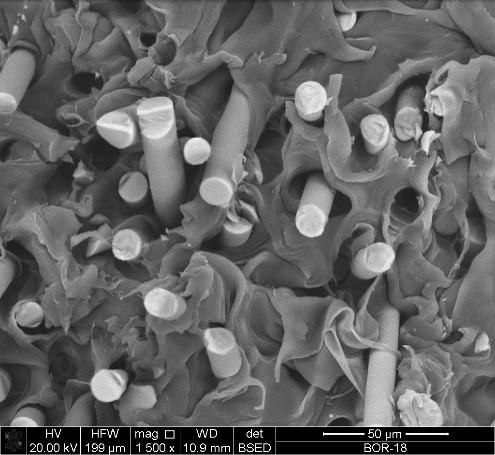
Development of methods for the static and fatigue strength assessment of polymer components
• Development of theoretical and experimental methods for the structural integrity assessment of polymer components in service.
• Materials characterization.
